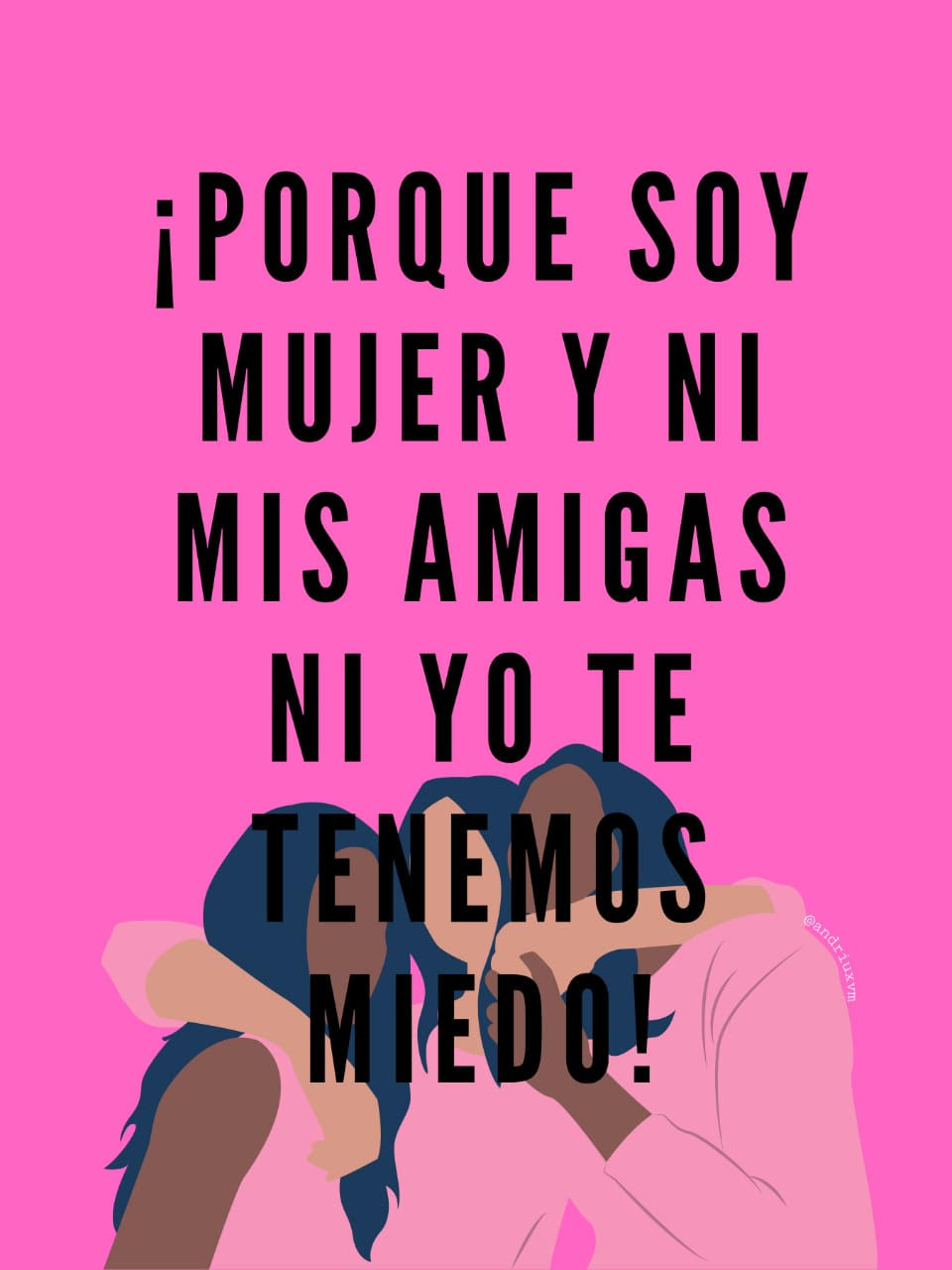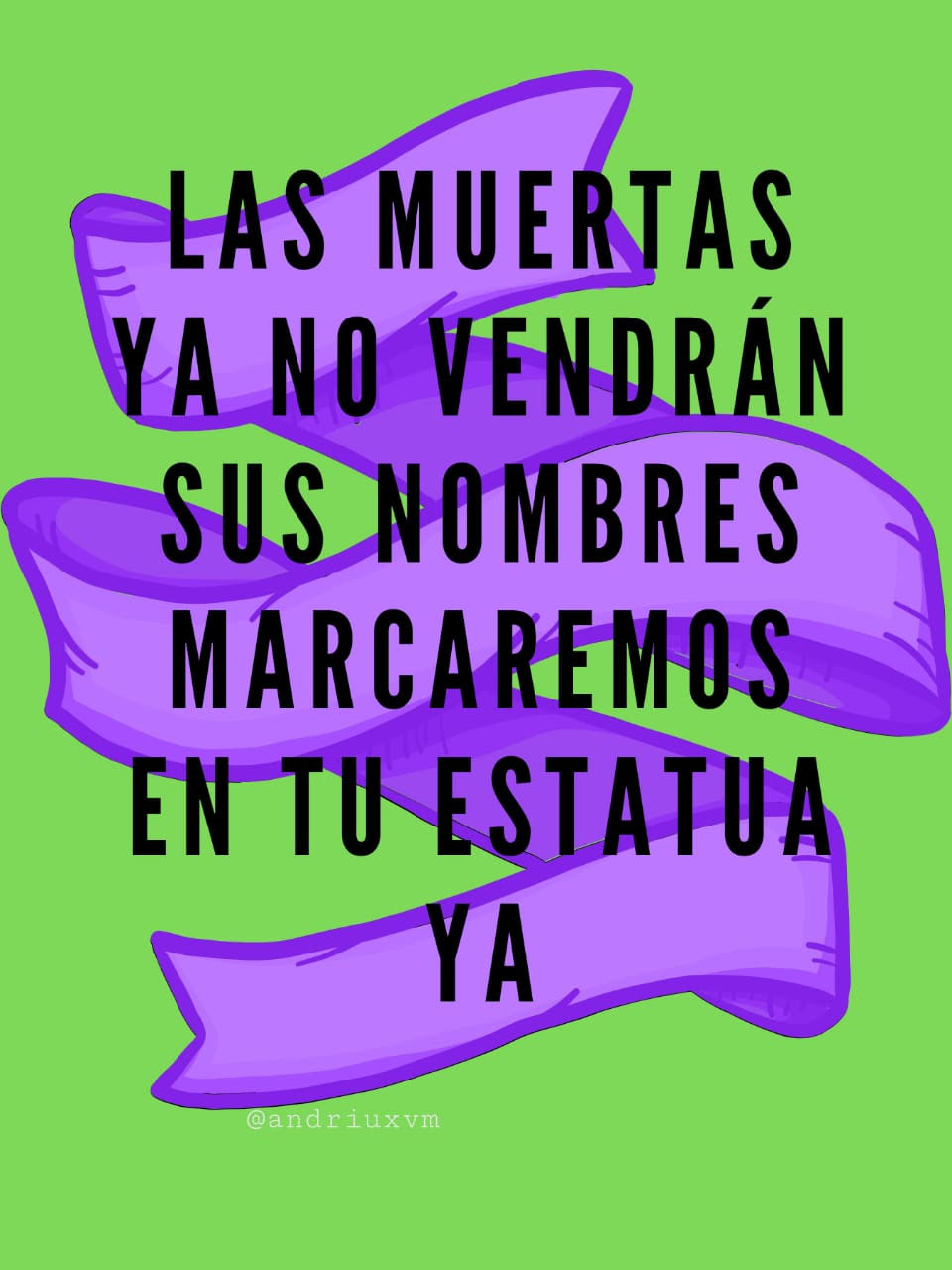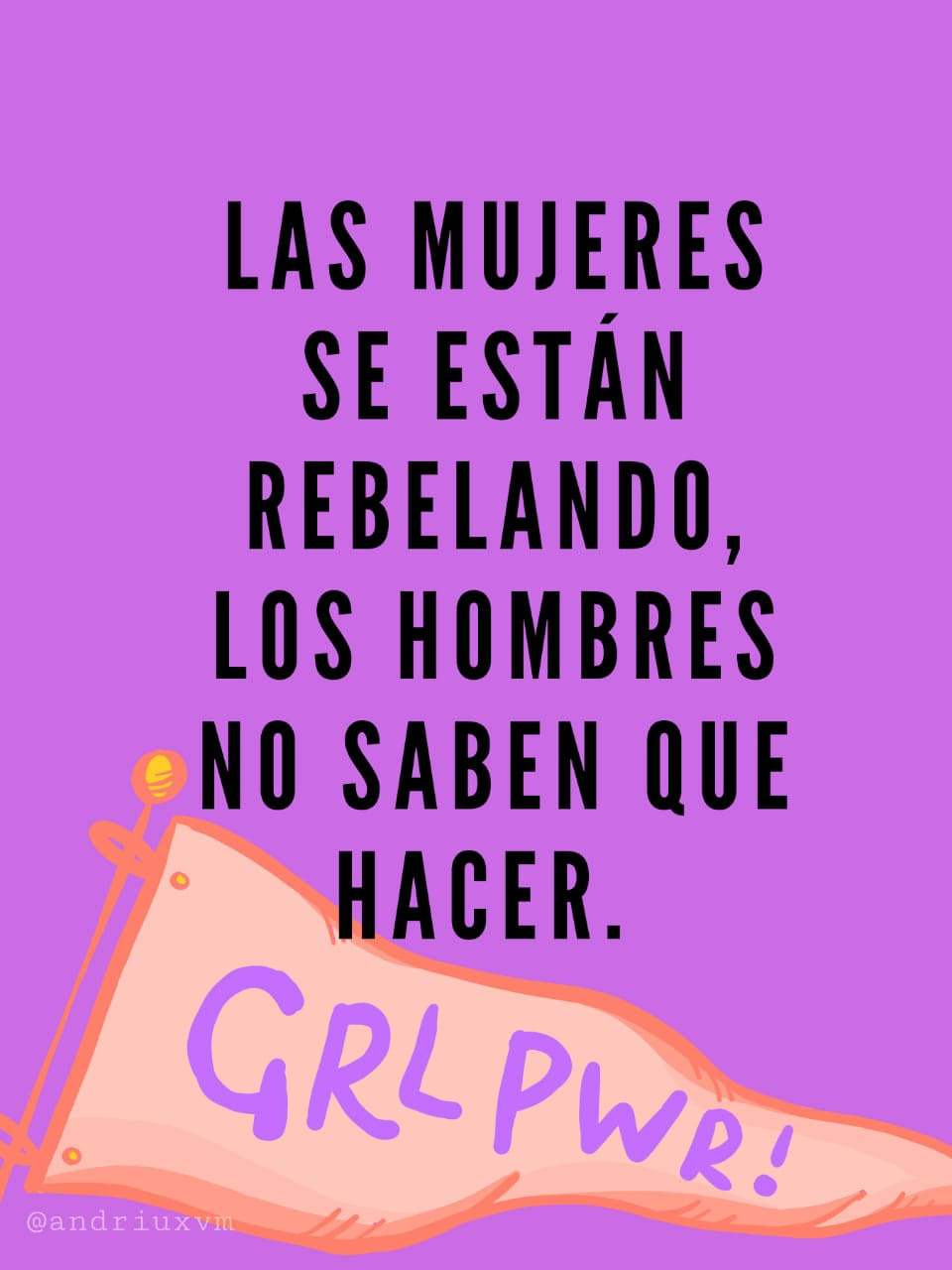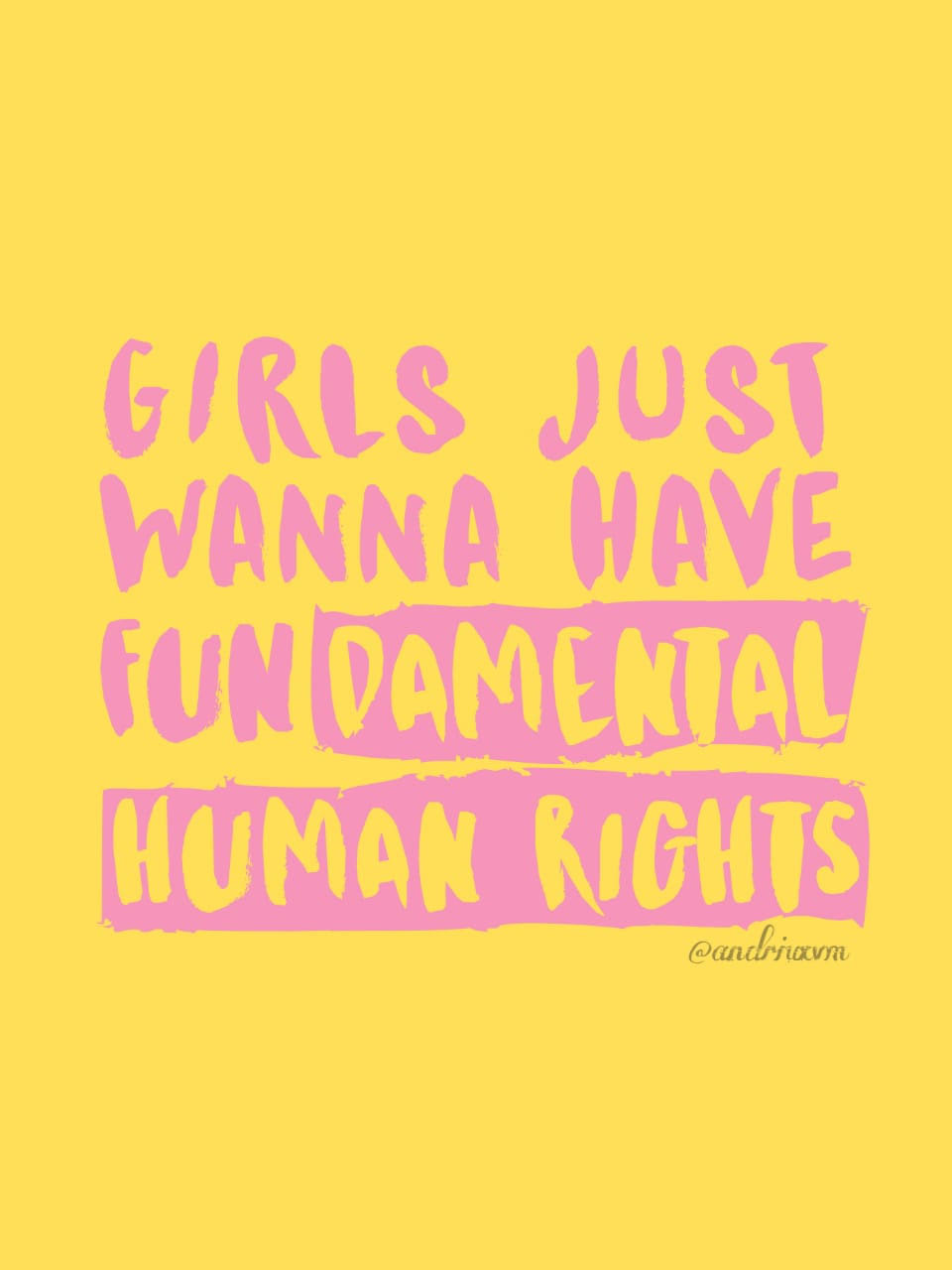By: Carolina Rodriguez Hernandez.
- Female leaders have been praised for their roles in response to COVID-19, but remain under-represented in decision-making.
- International Women’s Day 2021 focuses on the role women can play in ‘building back better’, thanks to their different skills and experience.
- Women have been disproportionately affected by the pandemic, representing 54% of overall job losses.
- But the “role model effect” is helping to close the gender gap, Forum research shows.
Credit: https://www.weforum.org/agenda/2021/03/international-women-s-day-2021-leadership-un/.
I believe all women are entitled to enjoy the same human rights and fundamental freedoms as other individuals on earth. International human rights treaties require state parties to take proactive steps to ensure that women´s human rights are respected by law and to eliminate discrimination, inequalities, and practices that negatively affect´s women’s rights. Under international human rights law, women may also be entitled to specific additional rights such as those concerning reproductive healthcare.
As a particularly vulnerable group, women have special status and protection within the ONU and regional human rights treaties prohibit discrimination on the basis of gender and also require the state to ensure the protection and realization of women´s rights in all areas – from property ownership and freedom from violence, to equal access to education and participation in government.
I still thinking about the amazing performance – and poem – by Amanda Gorman. It was perfect. Perfectly written, perfectly delivered. Every bit of it.

Photo taken by Thrive Global
Amanda is one more example that we are moving forward and all the girls are having a participation and contributing a grain of sand in this world.
In my article I want to highlights how the pandemic has exacerbated pre-existing gender division of labor and added to women’s double burden of paid and unpaid care work. Social distancing strategies across the globe have returned work, care and domestic duties to the household, as flagged by UN Women.
This has produced a crisis in care, which has been intensified by the closure of schools and day care centers as part of the COVID-19 containment strategy, with UNESCO reporting 1.52 billion students at home. Training social norms in Southeast Asia have seen an increase in unpaid work for women with a large number responsible for homeschooling, cooking, cleaning and childcare (even while working from home), caring for elderly family and neighbors, procuring essential household items under the conditions of social distancing, and maintaining more rigorous cleaning regimes.
There are clear opportunities emerging to take advantage of the changes wrought by COVID-19. One example is that the lockdowns have been an opportunity to rethink workplaces and question rigid work practices. Greater flexibility around working from home will benefit women. Having men at home is also an opportunity to demonstrate greater sharing of unpaid care work. These forced changes provide a chance to question and to disrupt long-standing traditional gender roles. This can highlight positive outcomes in moving away from the gender norms that limit economic choices for both women and men.
Like previous crises, the COVID-19 pandemic will have clear gendered impacts. We need policymakers and the private sector to understand the benefits gender equality brings: both in order to better protect women from the immediate and disproportionate impacts of the economic downturn, and to position their economies for stronger performance through the period of economic recovery. Let’s do it differently this time.
There is still a lot to do because despite the benefits there are also disadvantages in terms of interfamily conflicts.
Women are struggling more than men during the pandemic.
Instagram : @andriuxvm







